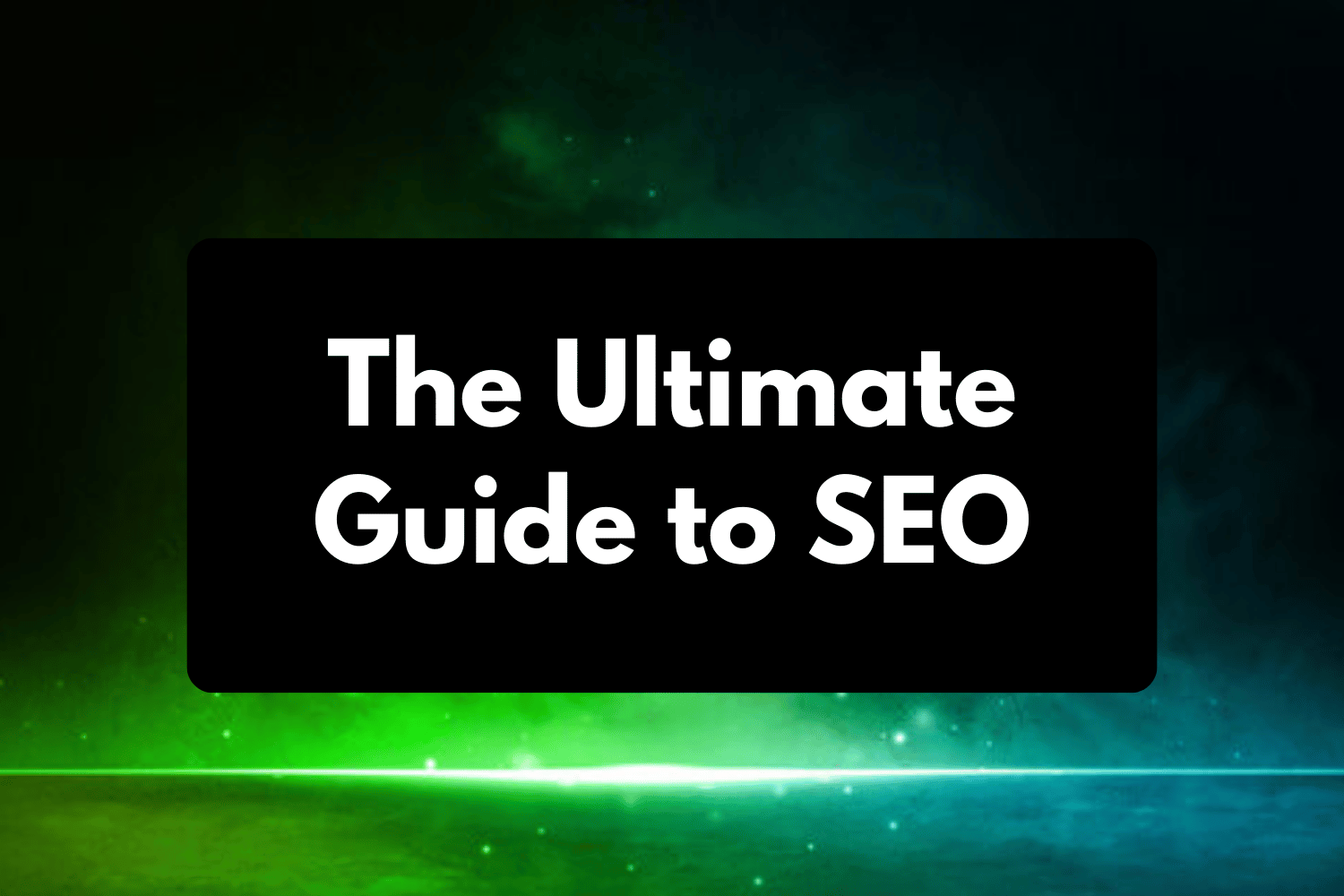Introduction
In today’s digital landscape, mastering SEO (Search Engine Optimization) is crucial for website visibility. Whether you’re a beginner or an experienced marketer, applying the right SEO tips and strategies can significantly improve your website’s ranking. This blog covers essential techniques like keyword selection, meta tags, and on-page SEO for enhanced online performance.
1. Choosing the Right Domain Name
Selecting the perfect domain name is the foundation of good SEO. A domain name should ideally include your primary keyword to enhance search visibility. For example, if you are targeting “Replica Watches,” a domain like www.swiss-replica-watches.com will have better SEO relevance.
Tips for Choosing a Domain Name:
Keep it short and memorable.
Include your main keyword naturally.
Avoid using hyphens and numbers.
2. Keyword Optimization Strategies
Keywords play a critical role in SEO success. Using longer, long-tail keyword phrases improves ranking chances and increases conversion rates.
How Many Keywords Should You Use?
Focus on a maximum of 5 keywords per page.
Use keyword variations naturally in content.
Avoid keyword stuffing; aim for a natural flow.
3. Importance of Meta Tags
Meta tags still influence search engine rankings and user engagement. Let’s explore three essential meta tags:
Title Tag
Place your most important keyword at the beginning.
Keep it clear and to the point.
Avoid using unnecessary stop words like “to, a, an, as, in, etc.”
Description Tag
Write an engaging one-sentence summary of the page.
Ensure it is persuasive and eye-catching.
Keep it under 160 characters.
Keywords Tag
While many search engines overlook this, adding 3-4 main keywords can still be beneficial.
4. On-Page SEO Strategies
H1, H2, and H3 Tags Optimization
Using structured headings enhances readability and SEO rankings.
H1 Tag: Use only one per page, featuring the main keyword.
H2 Tags: Break content into sections with descriptive subheadings.
H3 Tags: Use for additional hierarchy and better structure.
Internal Linking
Interlinking pages using keyword-rich anchor text helps users and search engines navigate efficiently.
Use breadcrumb navigation (e.g., Home > SEO Services).
Link relevant pages naturally within the content.
IMG Alt Tags
Images enhance user experience, and ALT tags improve SEO rankings.
Use descriptive and keyword-rich alt text.
Ensure alt text is readable and user-friendly.
Optimizing the Body Content
Include main keywords in the beginning and end of the content.
Maintain content length between 300-1300 words.
Use variations of keywords to maintain a natural flow.
Avoid robotic writing; focus on readability.
Conclusion
By implementing these SEO tips and strategies, you can significantly improve your website’s ranking and visibility. Focus on keyword optimization, proper use of meta tags, and structured on-page SEO techniques. With the right approach, achieving higher search rankings and increasing organic traffic becomes easier.
For expert SEO services, explore professional solutions that ensure long-term success in search engine rankings.





No Comments